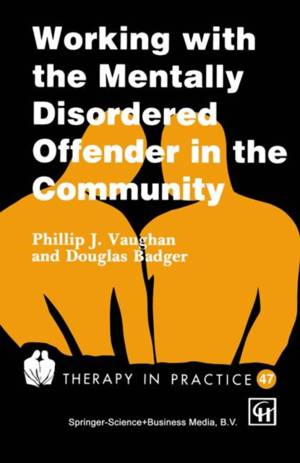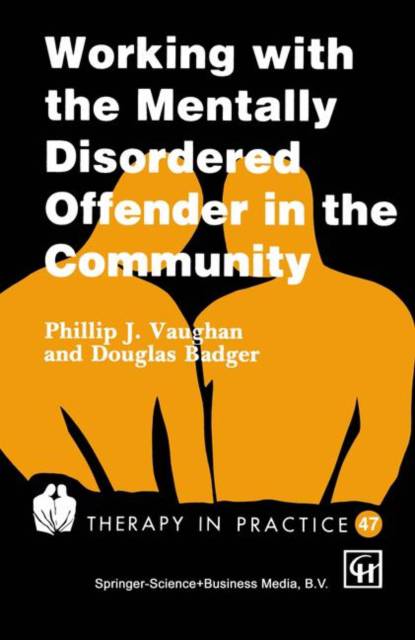
- Afhalen na 1 uur in een winkel met voorraad
- Gratis thuislevering in België vanaf € 30
- Ruim aanbod met 7 miljoen producten
- Afhalen na 1 uur in een winkel met voorraad
- Gratis thuislevering in België vanaf € 30
- Ruim aanbod met 7 miljoen producten
Zoeken
€ 83,95
+ 167 punten
Omschrijving
In the past forensic psychiatry has been a sub-speciality of general psychiatry without its own, separate identity. However, since the mid-1980s there has been a growing in- terest in the application of community care principles to mentally disordered offenders. A new set of attitudes have developed which have enabled the mentally disordered offender to emerge from relative institutional obscurity to a much higher profile in the community. Although numerically small in relation to the general psychiatric population, forensic patients tend to attract the public' s attention by virtue of their greater propensity for troublesome behaviour. Such a group needs expert community support in order to maintain an accepta bie public face. Unfortunately these developments have outstripped the creation of training opportunities for community staff charged with their support and supervision. Most community practi- tioners have had to learn 'on the job' with inadequate support and supervision from senior staff, who of ten have less direct experience of working with this client group than themselves. Just such a situation prompted the authors, in 1990, to establish a module on 'Working with Mentally Disordered Offenders in the Community' as part of an MA in Social W ork at the University of Reading. As the course developed it became clear that the topic and content had equal application to other community professionals working in the field.
Specificaties
Betrokkenen
- Auteur(s):
- Uitgeverij:
Inhoud
- Aantal bladzijden:
- 257
- Taal:
- Engels
- Reeks:
Eigenschappen
- Productcode (EAN):
- 9781565933262
- Verschijningsdatum:
- 1/01/1995
- Uitvoering:
- Paperback
- Formaat:
- Trade paperback (VS)
- Afmetingen:
- 140 mm x 216 mm
- Gewicht:
- 322 g

Alleen bij Standaard Boekhandel
+ 167 punten op je klantenkaart van Standaard Boekhandel
Beoordelingen
We publiceren alleen reviews die voldoen aan de voorwaarden voor reviews. Bekijk onze voorwaarden voor reviews.











